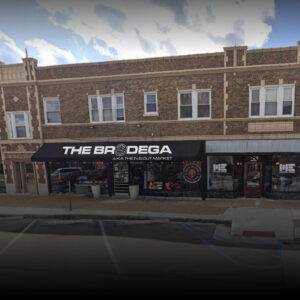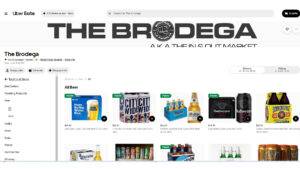Your Next Passport Could Be On The Blockchain
A blockchain tinkerer named Chris Ellis has created a system to build an actual digital passport that, through use of the Bitcoin blockchain and some encryption, will allow you to identify yourself online and off. Called World Citizenship, the project just launched on Github and shows some definite promise. “The goal of this project is to learn and layout a simple process for anyone in the world to create their own Private Passport Service that can be used to validate and prove the existence of other persons using nothing but available tools,” wrote Ellis. To build a passport you basically take a photo of yourself and then build a private and public key. This cryptographically signs the document, proving it is legitimate. A number of other aspects, including the state of the bitcoin ledger called the blockchain, further confirm the issuance. Still confused? Read on: By including the Merkle Root of the latest block we prove we have knowledge of an event that cannot have taken place any time prior the latest block being published.By signing the Passport with a PGP key we bind the state of the document to it’s cryptographic signature preventing us from changing its contents without detection.By stamping the digest of the resulting passport and its signature in to the blockchain following these steps we prove that it existed in this state at no time later than the block in which it was published.By using the venue’s Bitcoin address (preferably one used by their customers) with a public IP address we prove that it exists in this space. This is because Bitcoin nodes collect IP data in the debug.log file. Additionally since the venue is commercial they have an interest in maintaining their reputation and advertising their location. (Note: GPS data on phones can easily be spoofed).
Basically you are confirming that the document couldn’t have been created by any other person at any other time, an assumption that goes into the production of government passports (the need to go into a post office to confirm your existence for a passport is a low-tech version of this process).
Obviously you’re not going to be breezing through security with your new digital passport quite yet but it’s an interesting step in a very interesting direction.




